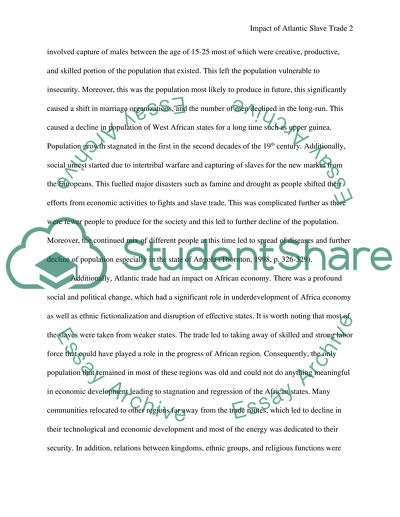Cite this document
(“Long-Term Impact of the Slave Trade on the Atlantic World Essay”, n.d.)
Retrieved from https://studentshare.org/history/1448421-what-was-the-long-term-impact-of-the-slave-trade
Retrieved from https://studentshare.org/history/1448421-what-was-the-long-term-impact-of-the-slave-trade
(Long-Term Impact of the Slave Trade on the Atlantic World Essay)
https://studentshare.org/history/1448421-what-was-the-long-term-impact-of-the-slave-trade.
https://studentshare.org/history/1448421-what-was-the-long-term-impact-of-the-slave-trade.
“Long-Term Impact of the Slave Trade on the Atlantic World Essay”, n.d. https://studentshare.org/history/1448421-what-was-the-long-term-impact-of-the-slave-trade.


